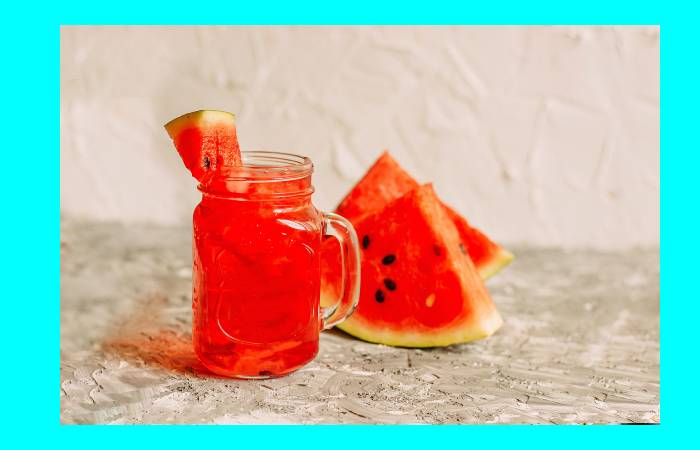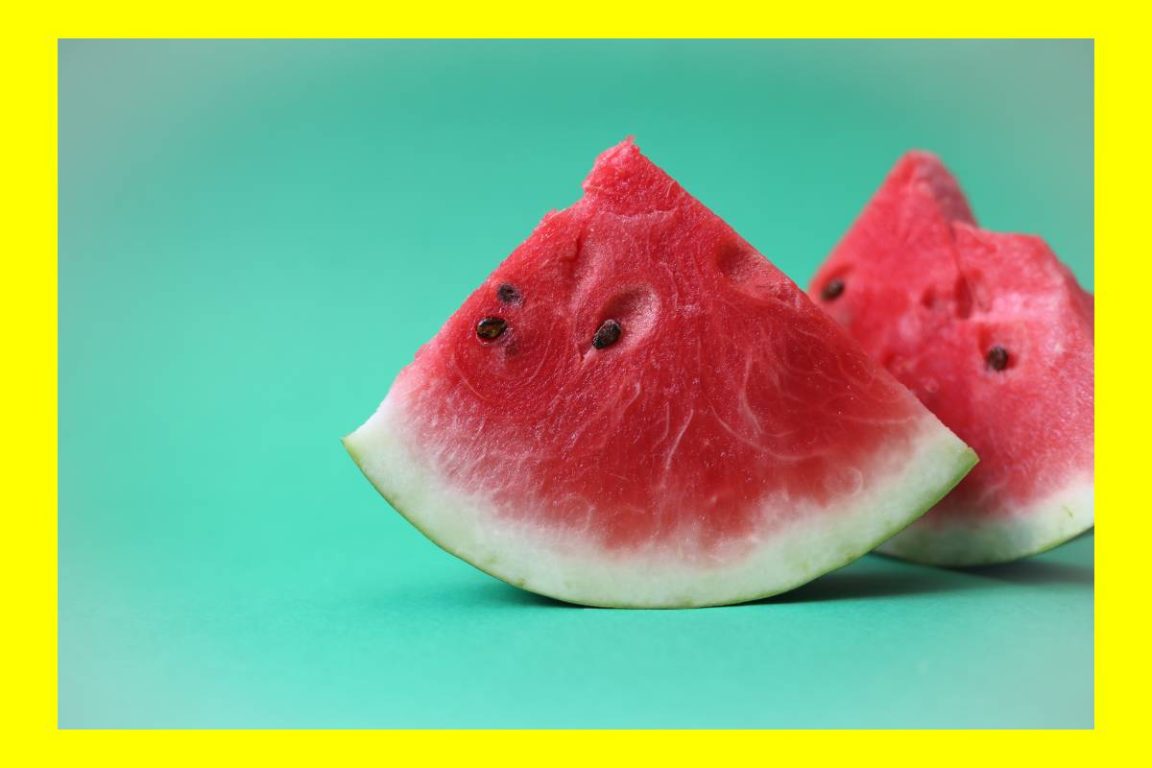About
Health Benefits Of The Watermelon – Watermelon is a type of berry with fleshy, yellow-green rind surrounding the fruit. The red pulp within watermelons contains high levels of water and sugar and can be eaten as is or used in various dishes. The Scientific name of Watermelon is Citrullus lanatus.
Watermelon is an outstanding source of vitamins A and C and potassium, which have many benefits. Vitamin A lowers the risk of lung, skin, and eye diseases. Vitamin C helps the immune system fight off colds. Potassium is essential for heart health and muscle function.
Watermelon seeds are fewer calories and nutrient solid. They can be used as a healthy snack or added to food items to get their nutritional benefits. It is rich in magnesium which will be required for body metabolic functions like nerve and muscle function.
What Are the Health Benefits of the Watermelon Fruit?

Watermelon works very well as an alternative to water in summer. This fruit fills the water deficiency in our bodies. Gives energy to our body. The demand for this fruit remains the same in summer.
Watermelon is a delicious and juicy fruit that contains high amounts of Potassium, Vitamins A, C, and B. But what makes Watermelon even more beneficial is an antioxidant called lycopene. Various tests have proven that Lycopene in Watermelon is an essential ingredient. But, Although the amount of fiber is less than other fruits and the amount of calories in it is meager, it does not allow fat to accumulate in the body.
Juicy and delicious, this fruit is big and has many qualities. Find out the other benefits of Watermelon without filling the water deficiency in the body.
There are some particular benefits of Watermelon
Hydration: Watermelon is 92% water, making it a great way to stay hydrated.
Rich In Vitamins And Minerals: Watermelon is high in vitamins A, B6, and C, as well as potassium and magnesium.
Promotes Skin Health: The vitamins A and C in watermelon help keep skin healthy and glowing.
May Improve Eye Health: The vitamin A in Watermelon may help protect against age-related macular degeneration.
May Lower Inflammation: The antioxidants in Watermelon may help lower inflammation and reduce the risk of chronic diseases.
Boosts Immune Function: Watermelon’s high vitamin C content can help increase the immune system and protect against illness.
You can eat watermelon juice to keep your body cool in hot weather. Watermelon is 92% water. So devouring Watermelon quenches the thirst for water. The special Amino-Acids in Watermelon, by producing Nitric-Oxide maintain the normal functioning of the blood. Eating watermelon juice keeps the skin bright and healthy because Vitamin A protects the skin by protecting it from infection. Vitamin B6 and Vitamin B1 in Watermelon help generate energy and keep the body active even in this heat. It contains a lot of vitamin A. It also includes a lot of beta-carotene. Beta carotene plays a significant role in keeping the eyes well.
What Are The Nutritional Value Of A Water Melon?
Digestive System
Watermelon softens the mood, relieves constipation, and cleanses the gastrointestinal tract. It seed kernel and watermelon peel jam strengthen the stomach and intestines. Watermelon contains a lot of water and very few calories. And so, eating Watermelon fills the stomach, but no calories enter the body. So even if you eat Watermelon as much as you want, you cannot gain weight.
Kidney Disorders
Watermelon activates the kidneys, increases urine volume, removes toxins from the blood and waste products, and eliminates disorders of the kidneys, bladder, and urinary tract. Watermelon contains a lot of water. When water is expelled from the body due to sweating in the heat, dehydration is eliminated by eating it.
Respiratory Disorders
Watermelon seed kernel softens the breast, relieves cough, and cures lung infections. As for how many watermelons you should consume daily, it depends on your individual needs and health goals. Yet, finishing 1-2 cups (about 150-300 grams) of Watermelon daily can be a good starting point for reaping its health benefits.
Conclusion
Watermelon seeds are a countless basis of protein, minerals, and vitamins. It can be eaten as a nutritious snack or part of a meal. Yet, watermelon seeds may also contain a toxin that can be harmful in large doses. so, need to recognize the benefits and risks of eating watermelon seeds before indulging. Watermelon is a delicious and refreshing fruit that’s also good for you. But, Watermelon can get you sick if you overeat it.

